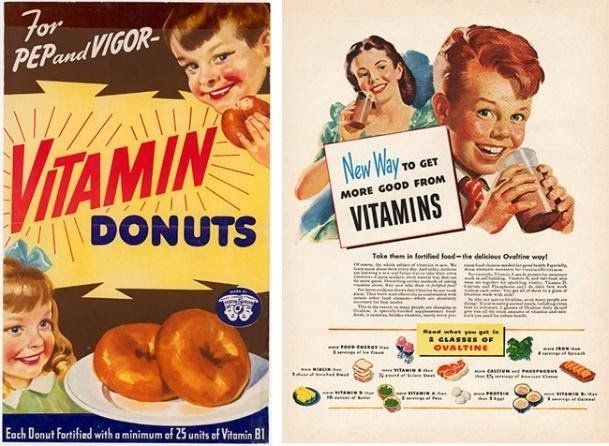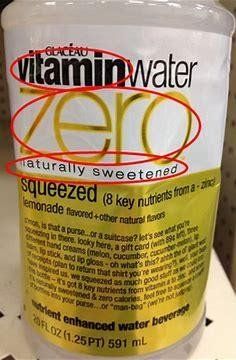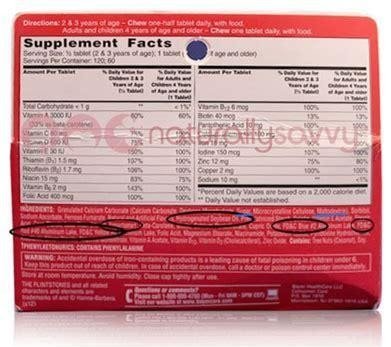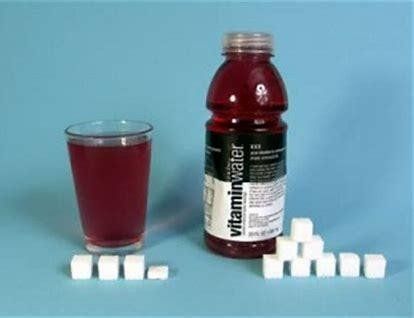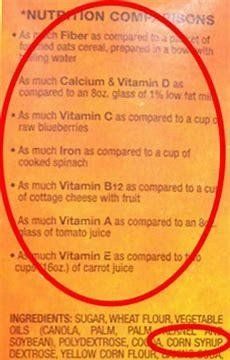All About Vitamins

Vitamins. They’re talked about everywhere. Commercials and advertisements will often include them as a selling point for their sports drinks, gummies, and other nutritional supplements.
We know they are important, so we buy them. We know we need them. But why? What exactly is the importance of vitamins?
Scientifically, vitamins are organic micronutrients that are required in small amounts by the body in order to sustain human life. Most of these cannot be manufactured by the body and must be obtained from supplements or foods. Vitamins often function as hormones, antioxidants, and precursors to coenzymes that are important in metabolic functions of the body. They are active in nearly every system and function of the human body. Below is a list of vitamins, their sources, uses, and effects of deficiency.
Some individuals are deficient in certain vitamins simply because they do not eat the foods that contain those vitamins. This can be an easy fix either by adding those foods into the diet, which is the recommended method, or by taking vitamin supplements. Additionally, vitamins can be destroyed by heat, and therefore raw fruits and vegetables are the best source of vitamins.
You may be thinking “I eat foods that contain all these vitamins, and I still have deficiencies or effects of deficiencies”. Sometimes, our bodies don’t properly absorb vitamins. One reason for this is leaky gut syndrome. Leaky gut is basically what the name implies. The intestinal cells can tear, become inflamed, or anything that causes tiny openings in the wall of the intestine. This then allows nutrients out of the GI tract, toxins into it and also toxins into the blood stream. This can cause allergies and food intolerance, inflammation, autoimmune disorders, malabsorption and nutritional deficiency, and a blood brain barrier breech. Leaky Gut syndrome is a common issue that most people may not know that they have. Thankfully, it can be healed. Leaky gut is addressed in my course Finding Freedom 2.0 and in 1 on 1 sessions.
A third reason people have vitamin deficiencies is due to the vitamin and mineral content of the food themselves. Modern day farming practices have depleted the soil of the nutrients. Lack of crop rotation, chemical fertilizers instead of organic means, and use of herbicides and pesticides has led to the depletion of nutrients from the soil. Lack of nutrients in the soil=lack of nutrients in plants=lack of nutrients in animals.
Vitamins may need to be supplemented. How a measurement for the vitamin measurement is obtained may not show how the vitamin is being utilized by the cells. Blood tests do not always show the optimizing level of a vitamin or mineral.
When supplementing vitamins, it is important to choose good quality supplements. Most store-bought vitamins are low-quality and contain harmful “fillers”.
There can be difficulty in knowing which vitamins to supplement and if they are of good quality. I find this frustrating and a waste of money. Through muscle testing, we can determine if a specific supplement will harm the body more than help, as well as how much of a supplement to take. Let Restorative Touch take the guesswork out of supplementation for you. We will work with you to determine a customized regimen that meets your body’s needs.
| Vitamin | Food Sources | Use in Body | Effect of Deficiency |
| Vitamin A | Apricots, asparagus, broccoli, butternut squash, cantaloupe, carrot, dandelion, paprika, parsley, pimento, pumpkin, red hot peppers, sweet potatoes | Promote growth and reproduction. Stored in the liver, eyes, skin, lungs, gallbladder and kidneys. | Slow growth, poor bone and tooth development. Night blindness. Reduced ability to resist infection. |
| B1 Thiamine | Rice bran, wheat germ, sunflower seeds, peanut, kidney beans, peas, whole grains, molasses, chickpeas, asparagus, coriander | Builds energy and appetite. Aids digestion. Proper function of heart and liver | Lack of appetite, nervous instability, depression, fatigue, constipation, Beriberi, polyneuritis, cardiac failure, edema |
| B2 Riboflavin | Alfalfa, almond, asparagus, barley, mushroom, peppermint, red hot pepper, safflower seed, wheat germ, wild rice | Raises resistance to disease, delay degeneration, improves skin and eye conditions. | Cracks at lip corners. Inflammation of lips and tongue. Burning, itching eyes, photophobia, blurred vision |
| B3 Niacin | Beets, peanuts, rice bran, wheat germ | Builds mental health. Aids nervous system. Helps maintain appetite. | Pellagra, canker sores, gastrointestinal and skin problems, neurological changes |
| B5 Pantethine | Brewer's yeast, buttermilk, corn, lentils, egg yolks, mushrooms, peanut butter, peanuts, pecans, rice bran, royal jelly, salmon, sunflower seeds, tahini, whole grains | Highest concentration in the brain. Boosts energy, speeds wound healing, prevents hair loss and graying of hair. Thought to slow aging. | Vomiting, burning, cramps, upper respiratory infections, skin disorders, adrenal exhaustion, rheumatoid arthritis, sleep disturbances. |
| B6 Pyridoxine | Almonds, avocados, bananas, Brazil nuts, brown rice, carrots, chicken, lentils, oats, salmon, sunflower seeds, tuna, walnuts, whole grains | Excreted in urine, found only in muscles. | Nausea, low blood sugar, hair loss, anemia, dermatitis, headaches, cracks on mouth and sore tongue. |
| B7 Biotin | Brewer's yeast, cauliflower, egg yolk, rice, royal jelly, whole grains | Builds healthy hair and skin | Loss or thinning hair, gray skin color and rash around lips. |
| B9 Folate, Folacin, Folic acid | Asparagus, beans, brewer's yeast, broccoli, lettuce, oranges, spinach, rice, romaine | Prevents some birth defects and protective against skin cancer | Anemia, poor growth, gray hair, and mental illness. |
| B12 Cobalamin, Cyanocobalamin | Red meat, eggs, cheese, red peppers | Stimulates metabolism, restores appetite, prevents mental deterioration | Anemia, impaired blood cell reproduction, soreness and weakness in limbs and jerky or diminished reflexes. |
| Choline | Found in foods rich in lecithin, egg, cabbage, rice bran, oat bran, turnips | Memory enhancer, improves mood | Alzheimer's. fatty deposits in liver, kidney and heart problems, nerve related diseases. |
| Vitamin C | Acerola cherry and juice, black currant, broccoli, Brussels sprouts, cantaloupe, citric fruits, coriander leaf, kale, kiwi, mango, papaya, parsley, red cabbage, red hot peppers, rose hips, strawberry, sweet pepper | Forms and maintains intercellular substance, aids teeth and gums | Cutaneous hemorrhages, poor bone development, weakened cartilage, muscle degeneration, anemia, stunted growth and susceptibility to infection, scurvy |
| Vitamin D | Only found in beef, dairy, egg, fish, and lamb. Synthesized by sun exposure | Promotes normal bone and tooth development. Regulates absorption and fixation of calcium and phosphorus | Rickets; soft, fragile bones, enlarged joints, bowed legs, titanic convulsions, Osteomalacia |
| Vitamin E | Almonds, barley, brown rice, cabbage, egg yolk, green leafy vegetable, hazelnuts, legumes, nuts, rice germ, rye, salmon, spinach, sunflower seeds, spinach, tuna, wheat germ | Prevents liberation of hemoglobin from red blood cells, aids heart, reproduction, and utilization of fatty acids | Sterility, muscle degeneration |
| Inositol | Brewer's yeast, citrus fruits, liver, molasses, whole grains | Aids in cell growth. Depleted by caffeine. | Eczema, constipation, poor sight, hair loss, and high blood cholesterol. |
| Vitamin K | Alfalfa, asparagus, cauliflower, cheese, egg yolk, green leafy vegetables, green tea, kelp, lettuce, molasses, oats, safflower oil, watercress | Normal blood clotting | Celiac disease, colitis, hemorrhaging, bruising |

